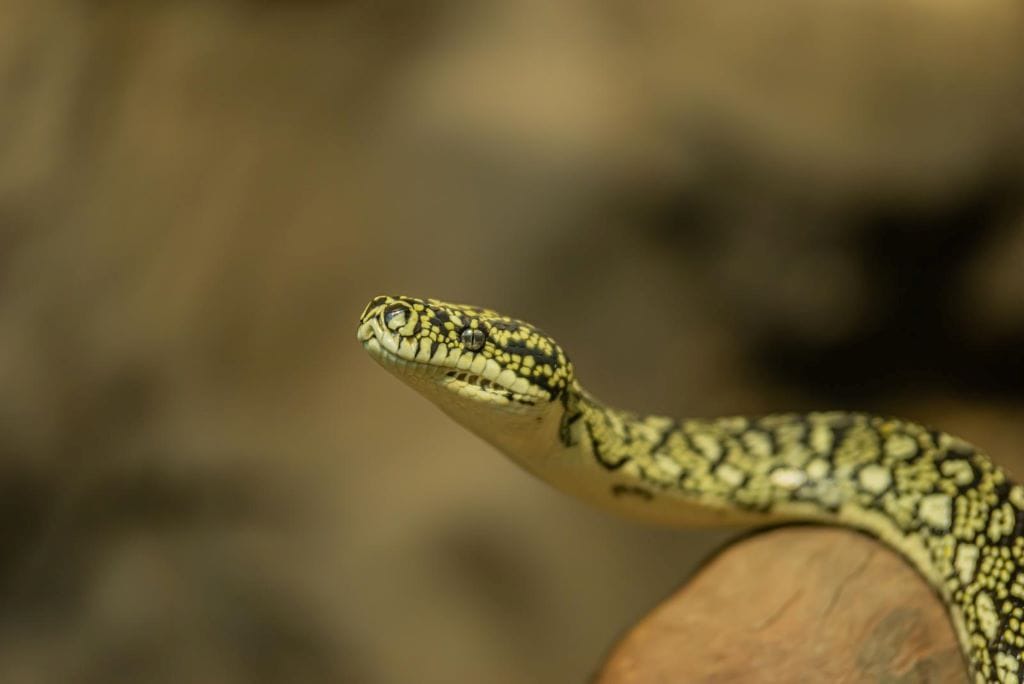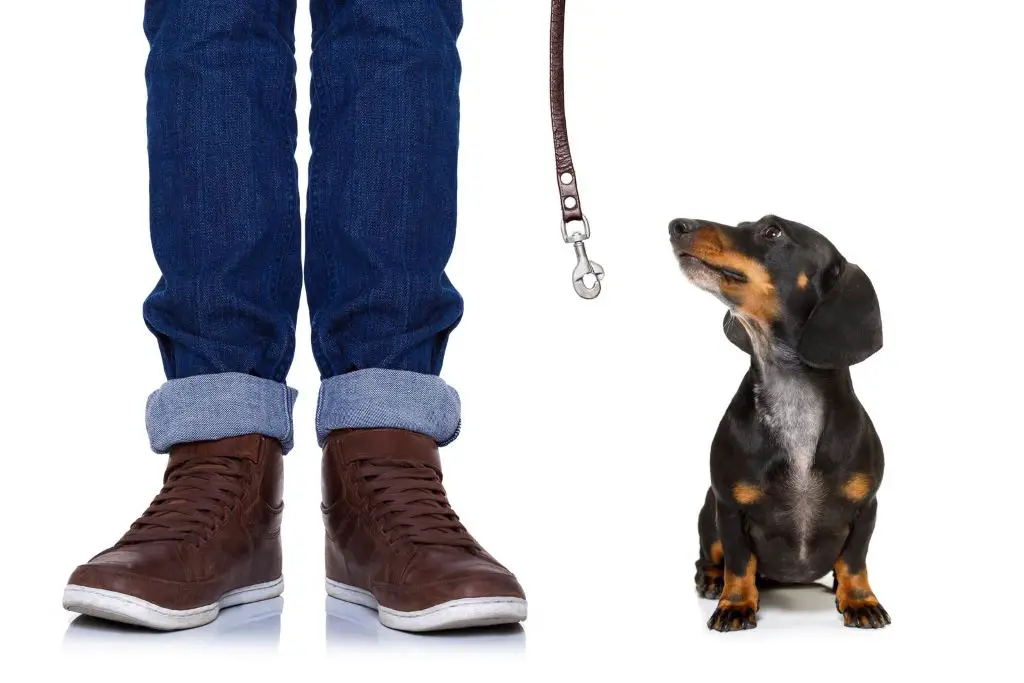Are you curious about the effects of catnip on dogs? You might be wondering if your beloved canine companion can also partake in this herb. Well, you’re in the right place to find out. This article will delve into the world of catnip and its potential influence on dogs.
We’ll discuss feeding guidelines for our furry friends and address any potential risks associated with their consumption of catnip. We’ll also explore how this herb might aid in managing anxiety in dogs and suggest alternative options if catnip isn’t suitable for your pet.
So, get ready to become well-versed in everything you need to know about dogs and catnip!
Key Takeaways
- Catnip can have a mild sedative effect on dogs when ingested, but the effects are less intense and varied compared to cats.
- Catnip is not harmful or toxic to dogs, but excessive consumption may cause minor digestive upset.
- Consult with a vet before introducing catnip to a dog’s diet or routine, and start with a small amount to observe their reaction.
- There are alternative options to catnip for dogs, such as chamomile and valerian root, which can have calming effects and promote relaxation.
Understanding Catnip
You’d be amazed to know that catnip, often seen as a feline’s best friend, has such an intriguing nature and a host of surprising effects. Catnip is actually an herb in the mint family, with its scientific name Nepeta cataria. What makes this plant so appealing to cats is a volatile oil found within it, called nepetalactone.
Understanding catnip isn’t just about appreciating its impact on our furry feline friends though. The effect of catnip on dogs can also pique your interest. Contrary to popular belief, this special herb doesn’t have the same ‘party-in-a-can’ effect on dogs as it does on cats. In fact, most dogs won’t react at all, and those who do tend to show more sedative responses.
Now you might wonder if catnip is safe for dogs? While it’s not harmful or toxic to them, excessive consumption may lead to minor digestive upset. So although they might not get the euphoric high that cats experience from catnip, there’s no need for you to worry about leaving your dog around your kitty’s favorite toy laced with this herb.
Effects on Canines
While your furry friend might show curiosity towards this feline favorite, it’s important to note that the effects on canines are significantly different and often less intense. The question ‘can dogs have catnip’ isn’t a simple yes or no. It’s safe for dogs, but how they react to catnip varies widely.
Unlike cats, dogs don’t typically experience a euphoric response to catnip. Some may show mild interest or even ignore it entirely. However, in certain cases, it could act as a mild sedative when ingested by canines.
On the other hand, if you’re considering using catnip for dog training or behavior modification purposes, you might want to reconsider. Since the reaction varies between individual dogs and not all react positively, it might not be effective as a reward system.
It’s always wise to consult with your vet before introducing any new elements into your pet’s diet or routine. If you do decide to give your dog catnip, monitor their reaction closely and start with small amounts.
So while the risks are low and generally safe for dogs, whether they will enjoy or benefit from it is another story altogether.
Feeding Guidelines
Believe it or not, many of our feline friends are affected by catnip, and while it’s generally safe, moderation is key when offering them this herb. Now, you might be asking: Can I give catnip to my dog? The answer is yes, but just like with cats, moderation is crucial.
Just like with cats, there can be benefits of catnip for dogs too. Catnip can help soothe dogs with anxiety or nervousness, provide mental stimulation, and even aid in digestion. However, how much should you give your canine companion?
Start small: Begin with a pinch or less than a teaspoon of dried catnip.
Observe their reaction: Any change in behavior might indicate they’re reacting to the herb.
Gradually increase dosage if necessary: Some dogs might require more to feel the effects, but never exceed one teaspoon per day.
It’s important to follow these feeding guidelines as overconsumption could lead to mild gastrointestinal upset, including diarrhea or vomiting.
Remember that every dog is unique and thus may react differently – some may adore it while others remain indifferent entirely! So don’t fret if your pooch doesn’t seem interested.
Potential Risks
Though it’s often hailed as a pet-friendly herb, there are potential risks when it comes to introducing catnip into your four-legged friend’s routine. Before you give your dog catnip, there are several factors to consider.
Firstly, while dog catnip is generally safe in moderation, some dogs may have an adverse reaction. For instance, they might experience upset stomachs or diarrhea. Therefore, it’s crucial to observe your pup’s behavior after trying this herb for the first time.
Secondly, every breed and individual dog reacts differently to substances introduced into their diet. Some might be more sensitive than others. So even if one dog has no issues with catnip, another could have a very different experience.
Lastly, keep in mind that not all products labeled as ‘dog-safe’ are truly benign – always check with your veterinarian before making any changes to their diet or lifestyle habits.
Remember that while exploring new things can be exciting for both you and your furry companion, safety should always come first. You must consult with a vet first before deciding whether introducing potential risks like catnip into your dog’s life is worth the benefits they may reap from it.
Benefits for Anxiety
Anxiety in our dogs can be a tough nut to crack, but introducing catnip into their routine might just be the secret ingredient to soothe their nerves. While catnip is most commonly associated with cats, there are potential benefits for anxiety when dogs eat catnip too. It’s not just about feline fun anymore!
- Catnip has been known to have a calming effect on dogs, similar to how it affects cats.
- The herb can serve as a natural sedative if your dog suffers from chronic anxiety or stress.
- When used sparingly and appropriately, catnip could help ease your dog into new environments or situations that typically cause them stress.
- Some pet owners have even used small amounts of catnip as part of training tactics for anxious dogs.
With these benefits in mind, remember that moderation is key when introducing any new elements into your pet’s regimen. Too much exposure could lead to upset stomachs or other health complications.
So don’t shy away from experimenting with this kitty favorite for your canine companion! With careful introduction and monitoring, you may find that catnip brings about much-needed relief for your pup’s anxiety woes.
Alternatives to Catnip
If you’re considering other options, there are plenty of catnip alternatives that provide similar benefits for your furry friend. It’s important to remember that each animal responds slightly differently to different stimuli, so what works for one might not work for another.
Here’s a quick look at some popular alternatives to catnip:
| Alternative Options | Benefits |
|---|---|
| Chamomile | Chamomile is renowned for its calming effects. When used in moderation, it can help soothe an anxious dog. |
| Valerian Root | Valerian Root is an herb known to produce effects similar to catnip on dogs, promoting relaxation and sleep. |
| Dog Foods with Special Ingredients | Some dog foods are specially formulated with calming ingredients, such as chamomile or lavender, which can help reduce anxiety in dogs. |
Before introducing these alternatives into your pet’s routine, consult with your vet to ensure they’re safe and beneficial. Don’t be surprised if the first thing you try isn’t a hit; you may need to experiment a bit before finding what works best.
So even though it seems like ‘can dogs have catnip’ is debatable, there are many other ways to soothe and entertain your canine companion without resorting to feline favorites. Keep exploring until you find what suits your pup perfectly!
Frequently Asked Questions
Can catnip be used as a training tool for dogs?
Unraveling the mysteries of canine training, aren’t we? While catnip can stimulate cats, it doesn’t have the same effect on dogs. Therefore, it’s not recommended to use catnip as a dog training tool.
Are there any specific breeds of dogs that react differently to catnip?
There’s no scientific evidence indicating specific dog breeds react differently to catnip. It generally doesn’t affect dogs like it does cats. If you notice any unusual response, consult your vet immediately.
How does catnip affect puppies compared to adult dogs?
Catnip doesn’t typically affect puppies or adult dogs the same way it does cats. Some dogs might show mild interest, but there’s no significant reaction. Remember, it’s not harmful for them to sniff or eat.
Can a dog overdose on catnip?
While your dog may fancy themselves a feline and indulge in catnip, fear not! Overdosing isn’t on the cards. It’s non-toxic to dogs, and at most, they might experience mild tummy troubles or diarrhea.
Can dogs have an allergic reaction to catnip?
Yes, dogs can have an allergic reaction to catnip. Just like humans, dogs may be allergic to any plant or substance. If your dog shows signs of itching, coughing, or difficulty breathing, consult your vet immediately.
Conclusion
Your dog is free to frolic in a field of catnip. However, unlike cats, dogs won’t experience the same playful response to the herb. It’s crucial to supervise your dog’s consumption to prevent any gastrointestinal discomfort.
If you’re seeking calming effects, consider other natural alternatives like chamomile or lavender, which may be more effective.
At the end of the day, your dog’s well-being and happiness are paramount. Always exercise caution and consult with a veterinarian when introducing new elements into your dog’s diet or surroundings.











